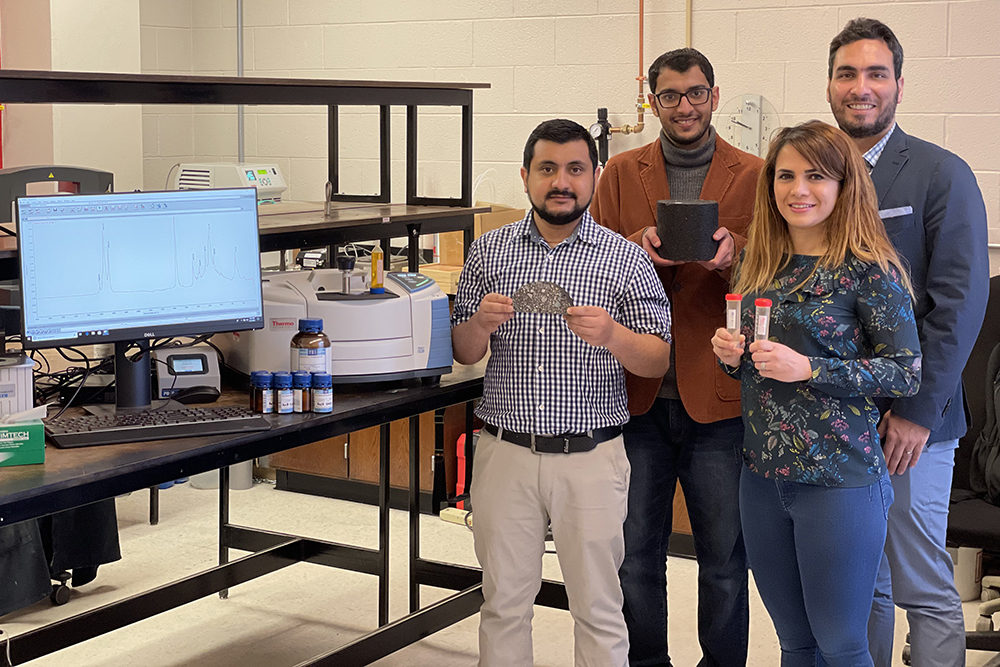
LINCOLN, Neb. — None of us like road construction but we all want a safe and smooth surface to drive on. The Nebraska Department of Transportation spent about $745 million to repair Nebraska's roads.
That is a big price tag but a researcher at the University of Nebraska-Lincoln is looking into ways to drop that price by incorporating recycled materials grown right here in the Cornhusker state.
When a road has reached the end of its life, its not all just broken up and thrown away.
Recycled Asphalt Pavement, or RAP, is often incorporated to help cut down on costs.
"On average, the Department of Transportation uses 39 percent RAP material in their asphalt pavement. They can save $34 million dollars annually by using 39 percent but they are trying to use more RAP materials, up to 65 percent in the asphalt pavement," said Dr. Hamzeh Haghshenas Fatmehsari, a researcher at the University of Nebraska-Lincoln.
Hamzeh is looking into ways to make that recycled material cheaper and more efficient.
Typically petroleum products are used in the RAP material but Hamzeh's research shows there might be a better material, and one that is plentiful across Nebraska.
"There are chemical materials we an use to improve our RAP materials. We are an agricultural based state so we have corn and soybeans and these vegetable based oils can be used as a recycling agent to improve the quality of the RAP materials," said Dr. Hagshenas Fatmehsari
Hamzeh's work is a part of a multi-year study in conjunction with the Nebraska Corn and Soybean Boards to find the best way to incorporate these home grown products.
Hamzeh said the project is a potential win-win for Nebraskans, it doesn't just cut road repair costs but gives farmers a new market to sell their crops to.
"You do not need to pay for transportation, you can help farmers to promote their products and help them finding a new market for our state in the asphalt industry. Altogether I think it makes this project great for our state," said Dr. Hagshenas Fatmehsari
Hamzeh's project is in its second year of a four-year-long study.
More details at: https://nebraska.tv/news/local/corn-and-soybeans-bring-potential-for-cheaper-road-repairs